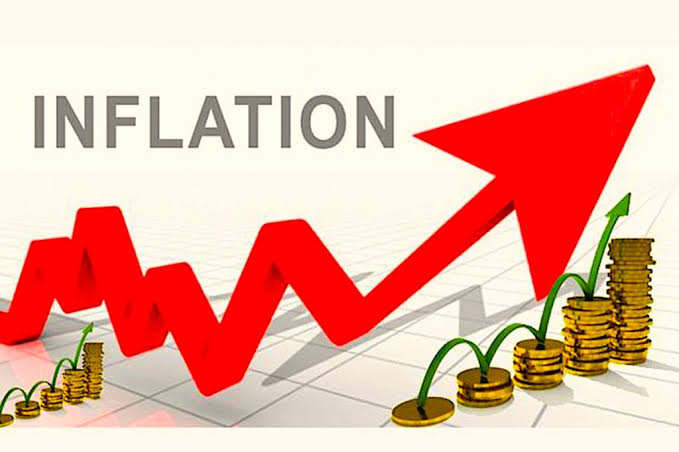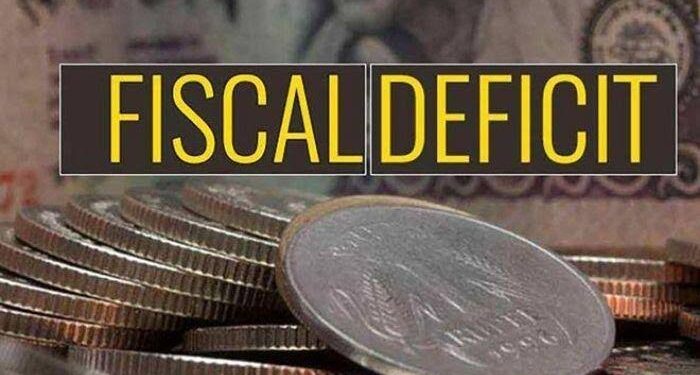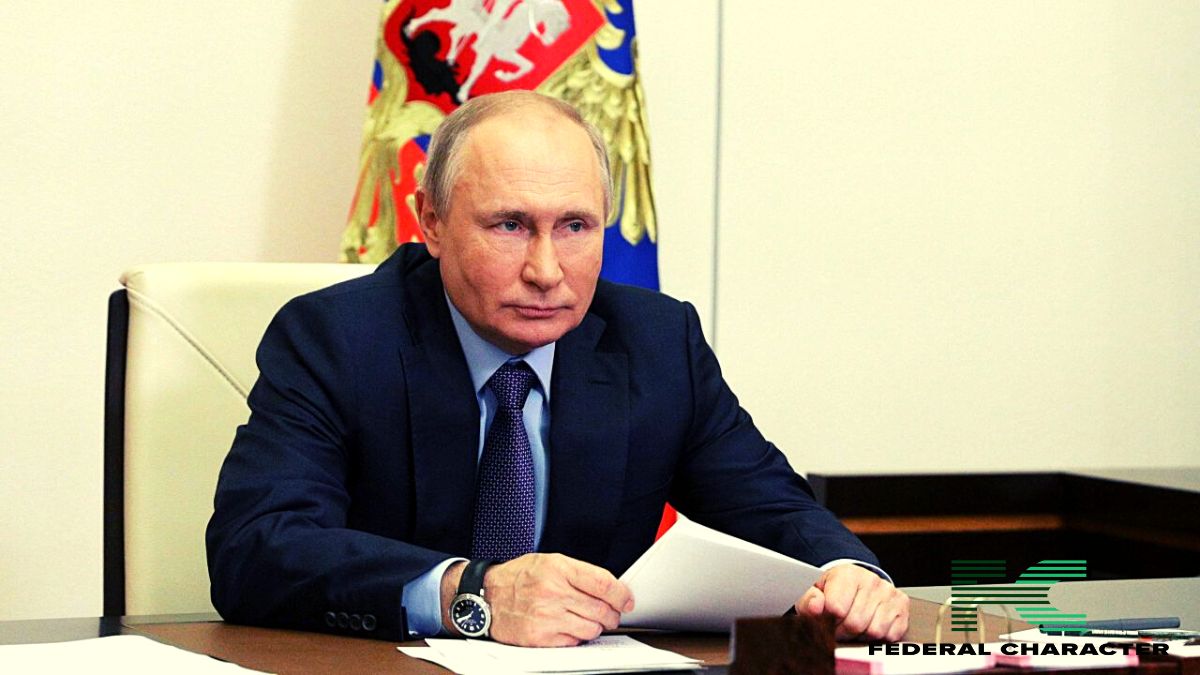Nigeria’s fiscal deficit for the first nine months of 2024 stood at N7.05 trillion, as disclosed by President Bola Ahmed Tinubu during his presentation of the 2025 Budget of Restoration to the National Assembly on December 18, 2024.
The fiscal gap shows the ongoing difference between the country’s revenue generation and government expenditure. This highlights Nigeria’s dependence on borrowing to finance ambitious spending amidst ongoing economic challenges.

For the year 2024, the Federal Government planned a budget of N47.9 trillion, expecting to earn N34.8 trillion. This would leave a deficit of N13.1 trillion, which is the biggest in Nigeria’s history. This budget plan was created based on the Medium-Term Expenditure Framework (MTEF) that the Ministry of Finance submitted in November.
Budget Performance: January–September 2024
President Tinubu provided key details on the 2024 budget’s performance as of the end of Q3:
Revenue Earned: N14.55 trillion, which is 75% of the yearly income goal.
Revenue Spent: N21.60 trillion, making up 85% of the total budgeted spending for the year.
This led to a financial shortfall of about N7 trillion, showing difficulties in balancing income and spending, even with plans to help the economy get better and grow.
The 2024 budget initially set at N35 trillion, with expected income of N25.8 trillion, causing a predicted shortfall of N9.2 trillion. However, actual fiscal outcomes have significantly exceeded these estimates.
President Tinubu acknowledged the current economic difficulties globally but emphasized the government’s commitment to promoting recovery and growth by increasing public investments.
The administration is concentrating on spending in areas like infrastructure, security, and improving human resources to support long-term economic progress.

















